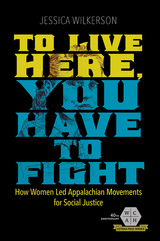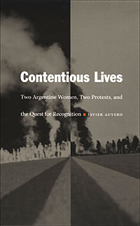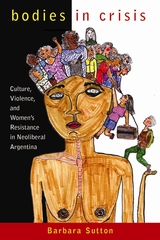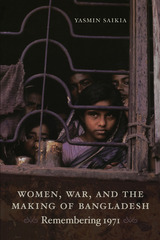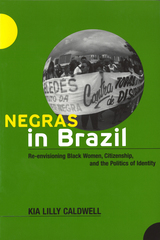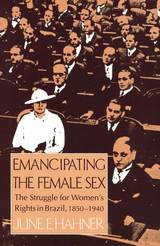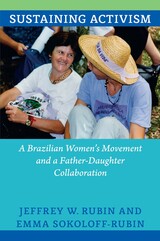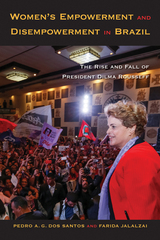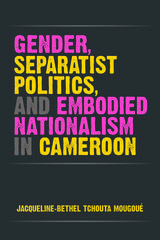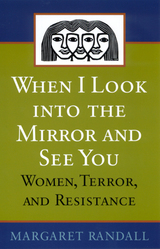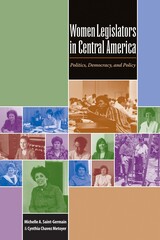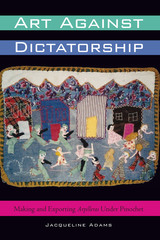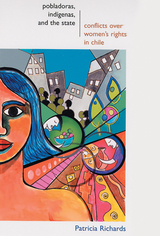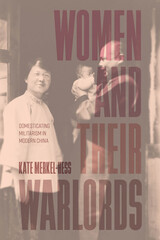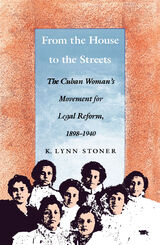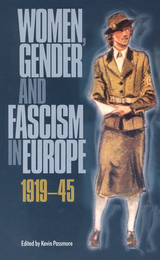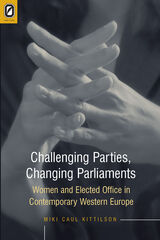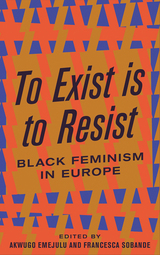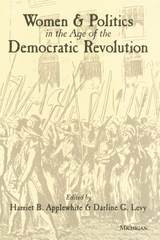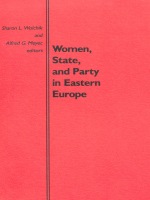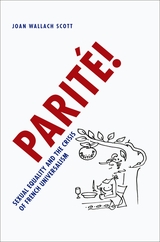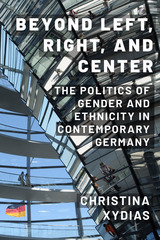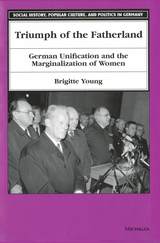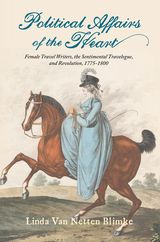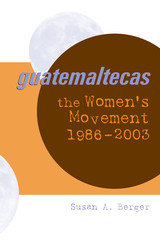Cloth: 978-0-8135-3422-0 | Paper: 978-0-8135-3423-7 | eISBN: 978-0-8135-5793-9 (PDF)
Library of Congress Classification HQ1236.5.C5R53 2004
Dewey Decimal Classification 305.420983
Chile has made a public commitment to equality between women and men through the creation of a National Women’s Service, SERNAM. Yet, indigenous Mapuche women and working-class pobladora activists assert that they have been excluded from programs implemented by SERNAM. Decisions about what constitutes "women’s interests" are usually made by middle class, educated, lighter-skinned women, and the priorities and concerns of poor, working-class, and indigenous women have not come to the fore.
Through critical analysis of the role of the state, the diversity of women’s movements, and the social and political position of indigenous peoples in Latin America, Richards provides an illuminating discussion of the ways in which the state defines women’s interests and constructs women’s citizenship. This book makes important contributions to feminist studies, theories of citizenship, and studies of the intersections of class, gender, and race.
See other books on: Chile | Government relations | Poor women | Women's rights | Working class women
See other titles from Rutgers University Press

